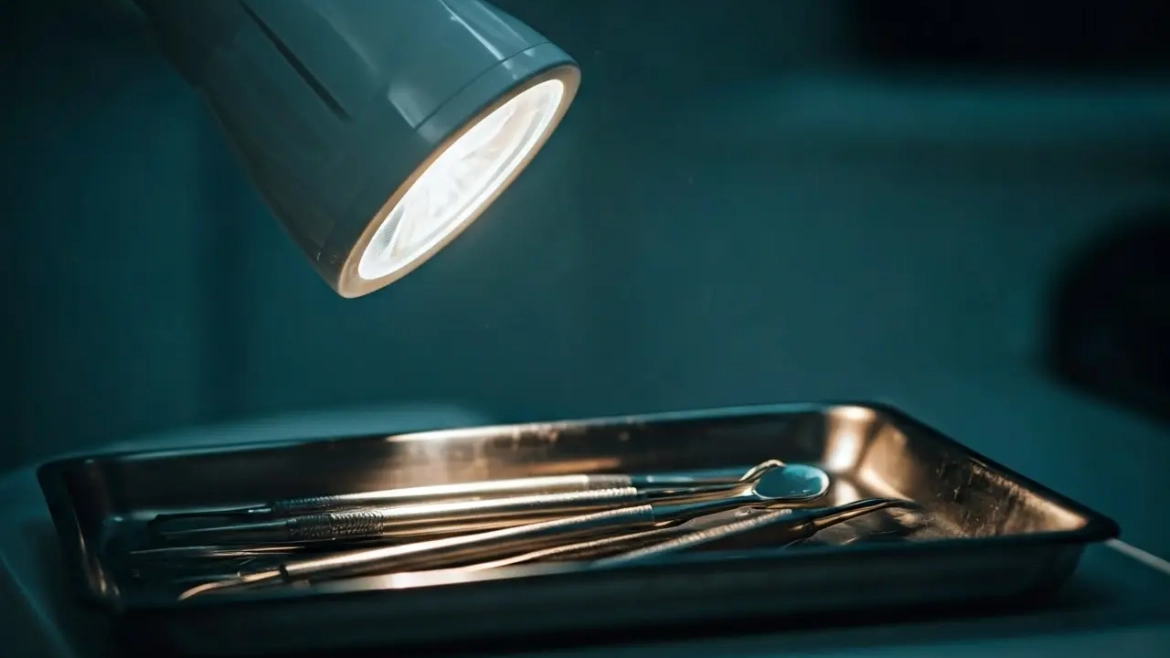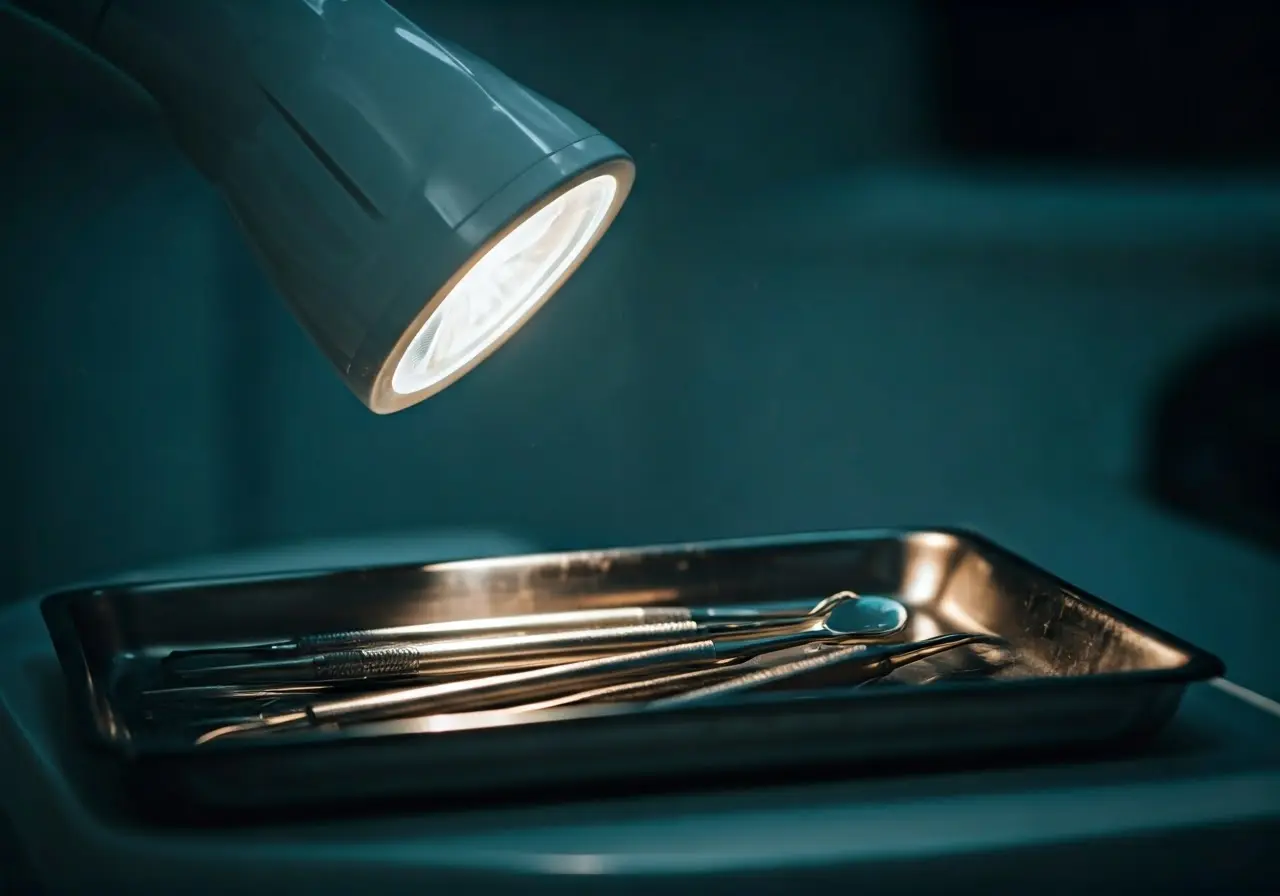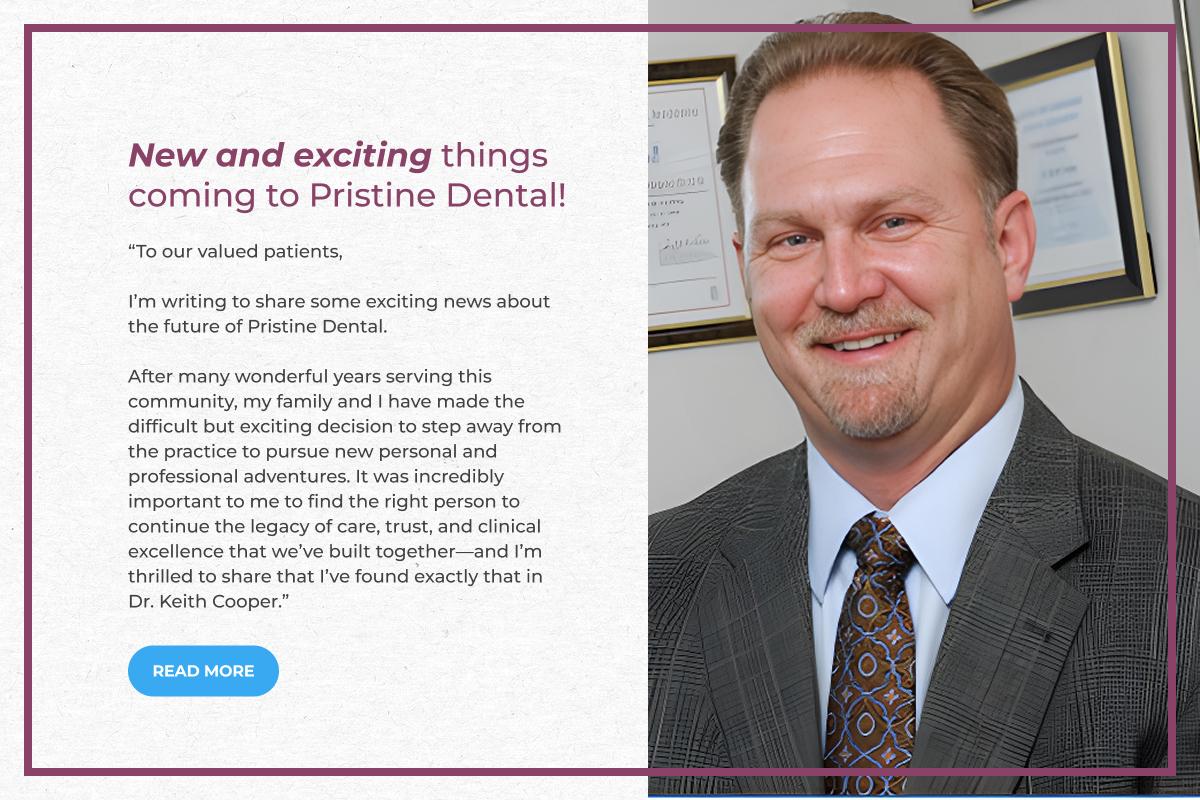Dental emergencies can be frightening and painful, but knowing how to respond can make a big difference. In this blog, we’ll walk you through the essential steps to take during an emergency dental situation to help alleviate pain and prevent further damage.
Assess the Situation
The first step in any dental emergency is to assess the situation. Determine the severity of the injury, whether it’s a knocked-out tooth, a chipped tooth, or severe pain. This will help you decide on the next steps and whether you need immediate professional care.
For example, if it’s a minor chip, you might not need to rush, but if it’s a knocked-out tooth, time is of the essence. According to Advanced Dental Care of Florida, knowing how to respond quickly can lessen the severity of the issue.
It’s essential to remain calm. Panicking can make the situation worse and hinder your judgment. Take a deep breath and focus on understanding the nature of your problem. Sometimes even severe pain can be managed temporarily while you make arrangements to see your dentist.
Control Any Bleeding
If there is bleeding, rinse your mouth with warm water and apply gentle pressure using a clean cloth or gauze. Hold the pressure for about 10-15 minutes, and if the bleeding doesn’t stop, it’s crucial to seek immediate professional help.
Prolonged bleeding might indicate a more severe injury that requires immediate attention. It’s always better to err on the side of caution. Atkins & Anderson Family & Cosmetic Dentistry highlight that ongoing tissue bleeding necessitates immediate treatment.
If the bleeding subsides but subsequently restarts or continues to ooze, it’s still a good idea to get it checked out by a professional. Even minor injuries could lead to complications if not properly treated.
Manage Pain and Swelling
Use over-the-counter pain relievers like ibuprofen to alleviate pain and reduce swelling. Applying a cold compress to the affected area for 10-20 minutes can also help control swelling and numb the pain.
However, avoid placing pain relievers directly on your gums as this can cause burns. Always follow the instructions on medications and ensure you’re taking the correct dosage. Cold compresses are particularly useful for reducing inflammation and should be applied in intervals to avoid skin damage.
Persistent pain and swelling are signs that you should see a dentist as soon as possible. It might indicate an underlying issue such as an infection or an abscess, conditions which require professional intervention. For additional information, Your Time Dental Urgent Care emphasizes the importance of addressing ongoing pain to prevent more severe complications.
Handle Knocked-Out Teeth
If a tooth has been knocked out, pick it up by the crown (the top part) and avoid touching the root. Rinse it gently with water if it’s dirty, but do not scrub it. Try to place the tooth back in its socket if possible, or keep it in a container of milk and get to your dentist immediately.
Time is critical in this situation. According to the American Dental Association, a knocked-out tooth has the highest chance of being saved if returned to its socket within an hour. Always handle the tooth carefully to avoid damaging the root.
If you can’t place the tooth back in its socket, keeping it moist is essential. Milk provides the best temporary storage medium as it maintains the correct chemical balance for the tooth. Alternatively, you can use a saline solution or even place it in your mouth next to your cheek, but be careful not to swallow it.
Preserve Chipped or Broken Teeth
For chipped or broken teeth, rinse your mouth with warm water and save any pieces. Apply a cold compress to reduce swelling and manage pain. Contact your dentist as soon as possible to repair the damage.
Keeping any broken pieces can be beneficial as sometimes they can be reattached by your dentist. Store them in a clean container with milk or saline solution if available. This helps keep the pieces viable for potential reattachment.
Dental bonding techniques have advanced, making it possible to repair broken teeth seamlessly. However, the longer you wait, the harder it becomes to achieve a perfect repair. Immediate consultation can prevent further damage and ensure the best possible outcome.
Dealing with Toothaches
Rinse your mouth with warm water and use dental floss to remove any trapped food. Avoid using sharp objects. If the pain persists, apply a cold compress on the outside of your cheek and visit your dentist to determine the cause of the toothache.
Toothaches can be symptomatic of various issues ranging from cavities to infections. Addressing the problem early can prevent complications. According to a blog on emergency dental care, persistent pain should never be ignored as it can signify a serious problem.
Avoid placing aspirin or other painkillers directly on your gums, as this can cause tissue damage. Instead, focus on maintaining good oral hygiene and using safe pain management techniques until you can see your dentist.
Prevent Future Dental Emergencies
Preventing dental emergencies is the best approach. Wear mouthguards during sports, avoid chewing hard foods, and maintain good oral hygiene. Regular dental check-ups can also help catch problems early before they turn into emergencies.
Using mouthguards for sports or nightguards for teeth grinding can significantly reduce the risk of injuries. Custom-fit guards offer the best protection and comfort. According to Your Time Dental Urgent Care, wearing protective gear is crucial for safeguarding your teeth.
Keeping up with regular dental visits is another vital preventive measure. Dentists can spot issues before they become serious, providing timely interventions. CarolinasDentist suggests that six-month cleanings and check-ups are fundamental in maintaining overall dental health.
Final Thoughts
Handling a dental emergency can be stressful, but by following these steps, you can manage the situation effectively until you get professional care. Remember to stay calm, act quickly, and always keep your dentist’s contact information handy.



